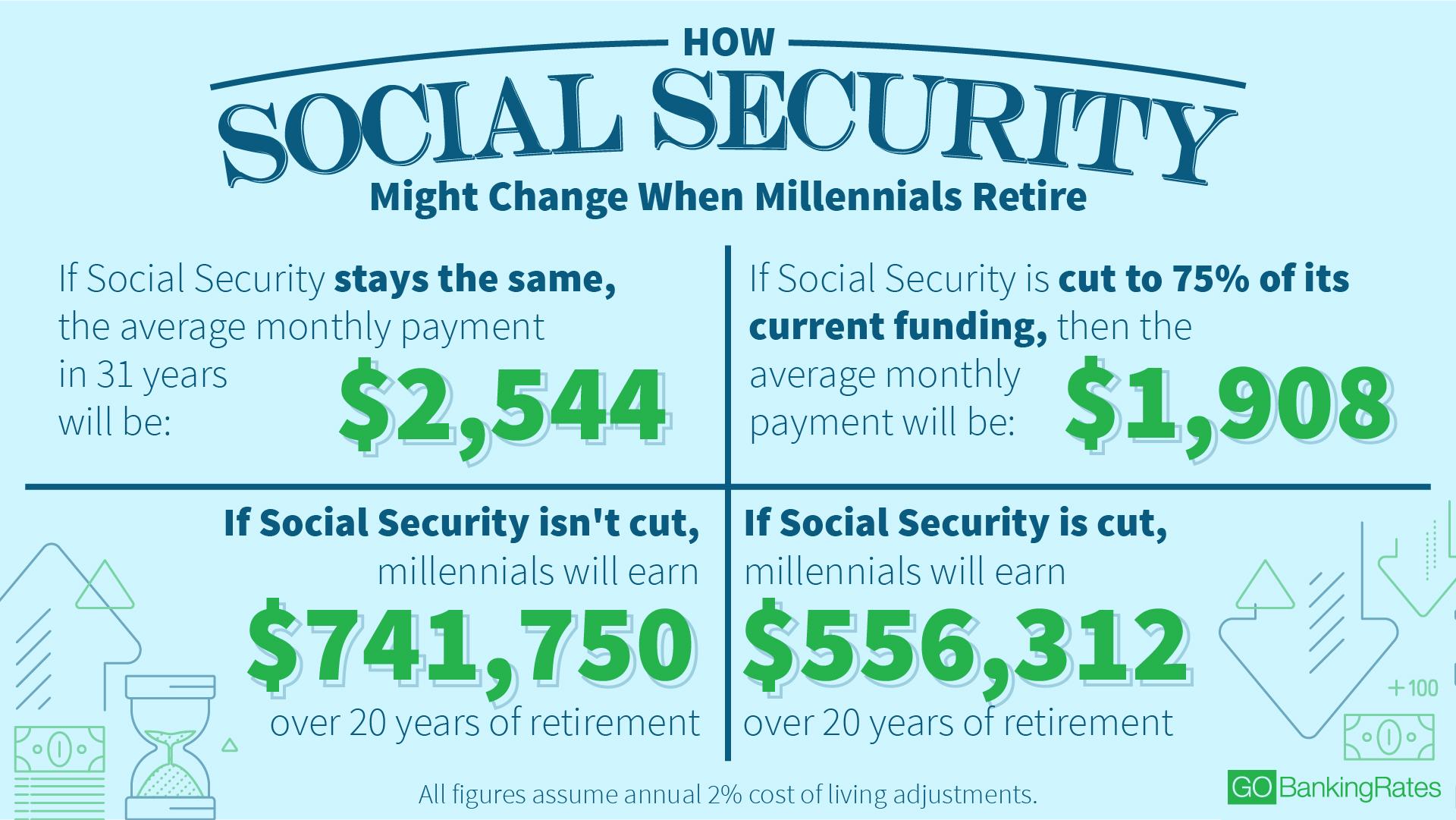Table of Contents
- 40 Credits & Social Security in 2025 With the New Rules - YouTube
- Maximum Social Security 2025 Ends -Know New Checks by Govt, Maximum ...
- 0 Increase for Social Security in January 2025 – Who is Eligible for ...
- Social Security earned income limits in 2025 is k - YouTube
- YOUR Taxes in 2025 - Will YOUR Social Security Be Taxed? - YouTube
- A Look at Social Security Changes in 2025 - Diener Money Management
- Social security tax rates in Europe 2025
- How Much Is Social Security Withholding 2025 - Codee Devonna
- Social Security TAX CHANGE… FILE NOW!! SSDI SSI SSA (2025) - YouTube
- HUGE CHANGES! Social Security INCREASE by Double Tax Elimination - SSI ...



What is the Social Security Wage Base?



How Does the Social Security Wage Base Affect Employees?



How Does the Social Security Wage Base Affect Self-Employed Individuals?
Self-employed individuals, on the other hand, pay both the employee and employer portions of Social Security taxes, which is 12.4% of their net earnings from self-employment. Like employees, self-employed individuals only pay Social Security taxes on their earnings up to the wage base. However, self-employed individuals may be able to deduct half of their Social Security taxes as a business expense on their tax return.
Implications of the Social Security Wage Base
The Social Security wage base has significant implications for employees and self-employed individuals. For high-income earners, the wage base can result in significant tax savings. However, it also means that they do not pay into the Social Security system on their earnings above the wage base, which can affect their future Social Security benefits. For self-employed individuals, the wage base can affect their business expenses and tax liability. In conclusion, the Social Security wage base is an essential concept for employees and self-employed individuals to understand. By knowing the wage base and how it affects their taxes, individuals can plan their finances accordingly and make informed decisions about their earnings and tax liability. Whether you're an employee or self-employed, it's crucial to stay up-to-date on the latest changes to the Social Security wage base and how it may impact your taxes and future Social Security benefits.For more information on the Social Security wage base and how it affects your taxes, consult with a tax professional or visit the Social Security Administration website. Stay informed, and plan your finances wisely.